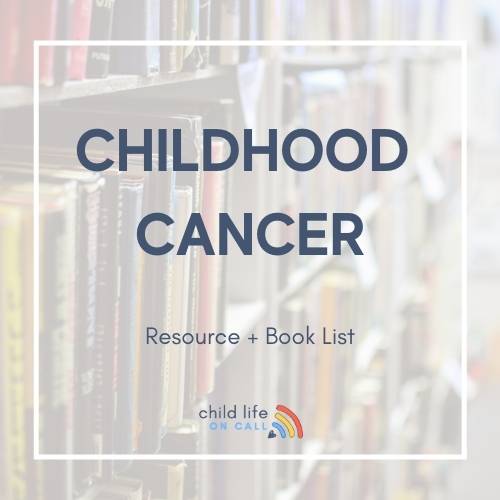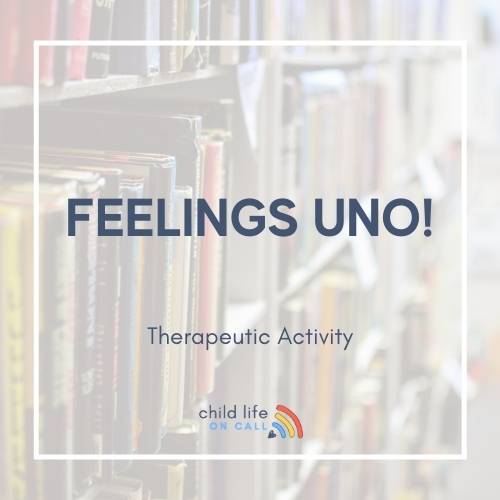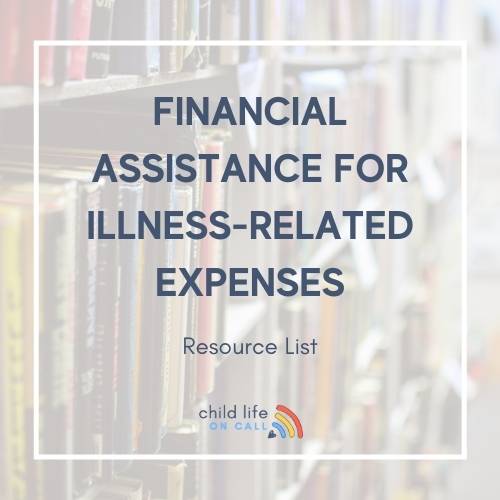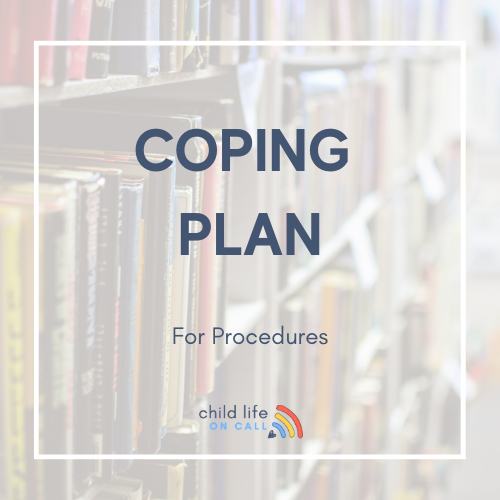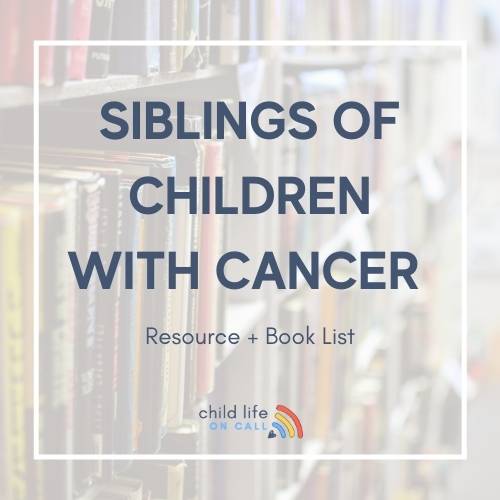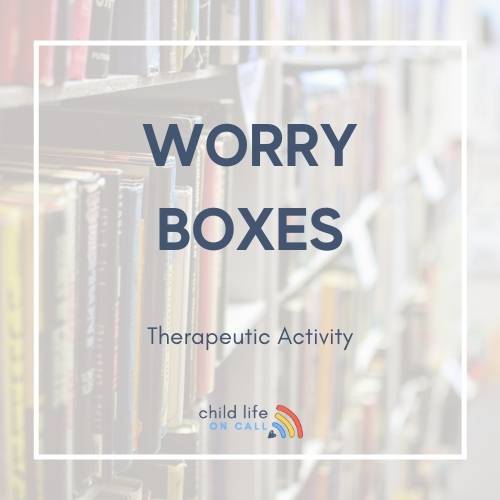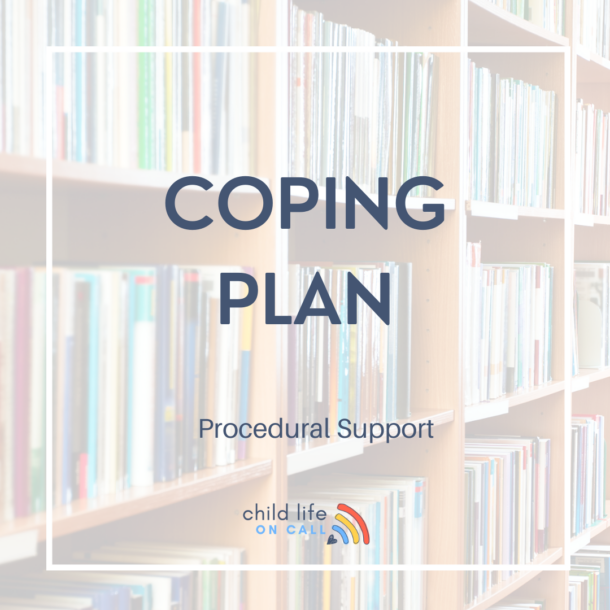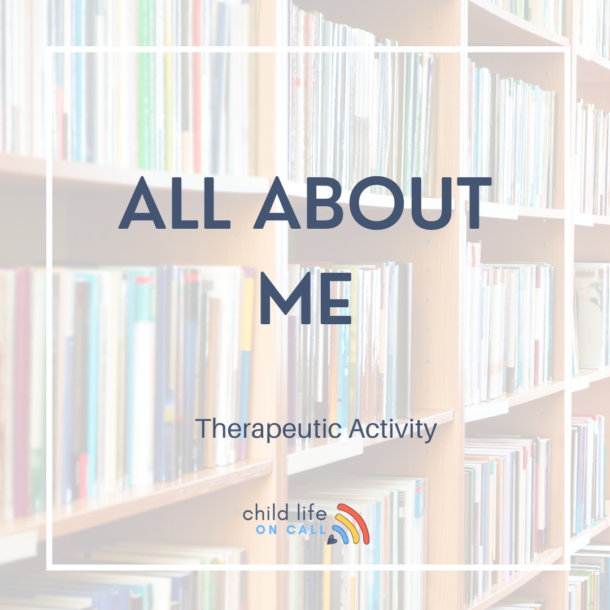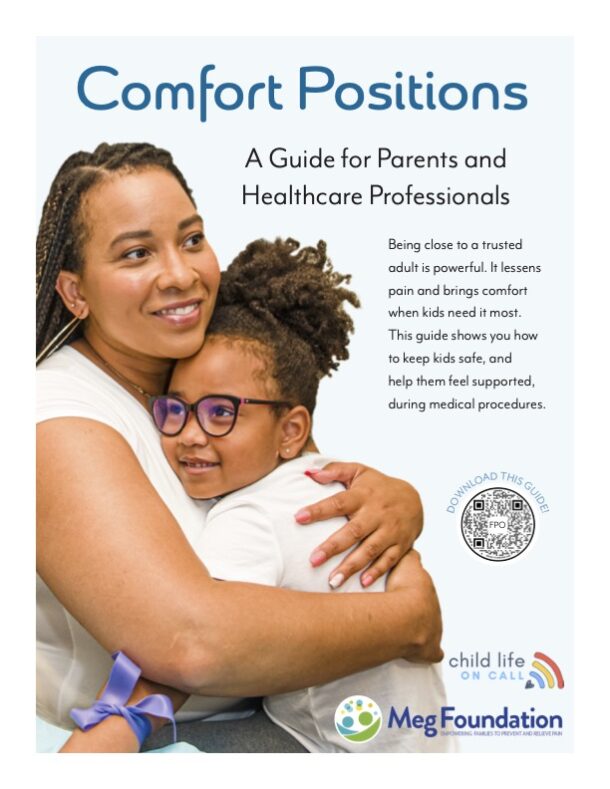One or two pages? Is using some color ok? Should I leave my high school experiences on there? How do I organize my experiences? When it comes to resumes, the questions are endless.
As we transition to this new application, it is unclear when and how resumes will be used. But what we do know is that practicums and job applications will most likely still require a resume. When I work with students on their resumes, I start out by saying that resumes are very subjective. There are a lot of opinions on resumes. Even within a child life team you could submit the same resume to two different people on the team and you will get different responses from each person! While there are some general guidelines that should be followed, there are a lot of areas that are open to your own interpretation.
So, I’ll leave these guidelines and some personal tips, but your implementation is truly your own personal choice. I want you to feel confident in the resume that you create and submit, whether it’s for a practicum, internship, or job, that is a team’s first impression of you!
Let’s talk length….
Some places will specify that they want a one page resume, other sites will not. Obviously, if a site requires a one page resume you will want to follow those directions. I am personally a fan of the one page resume. As someone who has a master’s degree and over 6 years of experience in the field, I still have a one page resume. Whenever I need to add an experience, I re-evaluate and determine what should be removed? What is old and outdated? What is no longer relevant to the career path I’m on now?
When is two pages ok? I have worked with some students and together we have determined that one page just won’t cut it for whatever role they are applying to. I feel it can be two pages if the experiences are relevant, not outdated, and you have not included too much “fluff” in the descriptions. This typically occurs in students who are changing career paths after being in the professional working world for several years, working on a master’s degree, or even working on a second bachelor’s degree.
What should definitely be included:
- Education: These are degrees you have completed or are working on, include years and the title of your degree (i.e. Human Development and Family Sciences, Psychology, etc.)
- Relevant experiences: Any experiences (paid or unpaid) that you deem relevant to the position you are applying for
- A description of your responsibilities during that experience. I recommend two bullet points per experience unless it was a long-term full time position that requires more explanation
- Professional organizations you are a part of
- Leadership roles you have held
What should not be included:
- A “skills” section. Personally, I think that space could be utilized better. I would rather see your skills highlighted in your essays with experience to back them up.
- Any high school experiences: We don’t need your high school name or the year you graduated
Overall Tips:
- Make the most of your space: Ensure your descriptions are succinct and related to the position you are seeking
- Have someone else look over it for grammatical errors and mistakes
- Look at the job descriptions for help! This goes for the jobs you are adding to your resume and the job you are applying to! Most jobs have a list somewhere of what the job entails, this should give you a good indication of what to include on your resume.
In the end, your resume is personal to you. Take advice from others and decide how you would like to best present yourself!
Need additional help? Check out my document review service. This gives you the option to have your cover letter and resume reviewed by me! I’ll give you personalized advice, feedback, and suggestions on how to present a well-organized, child life specific resume!

